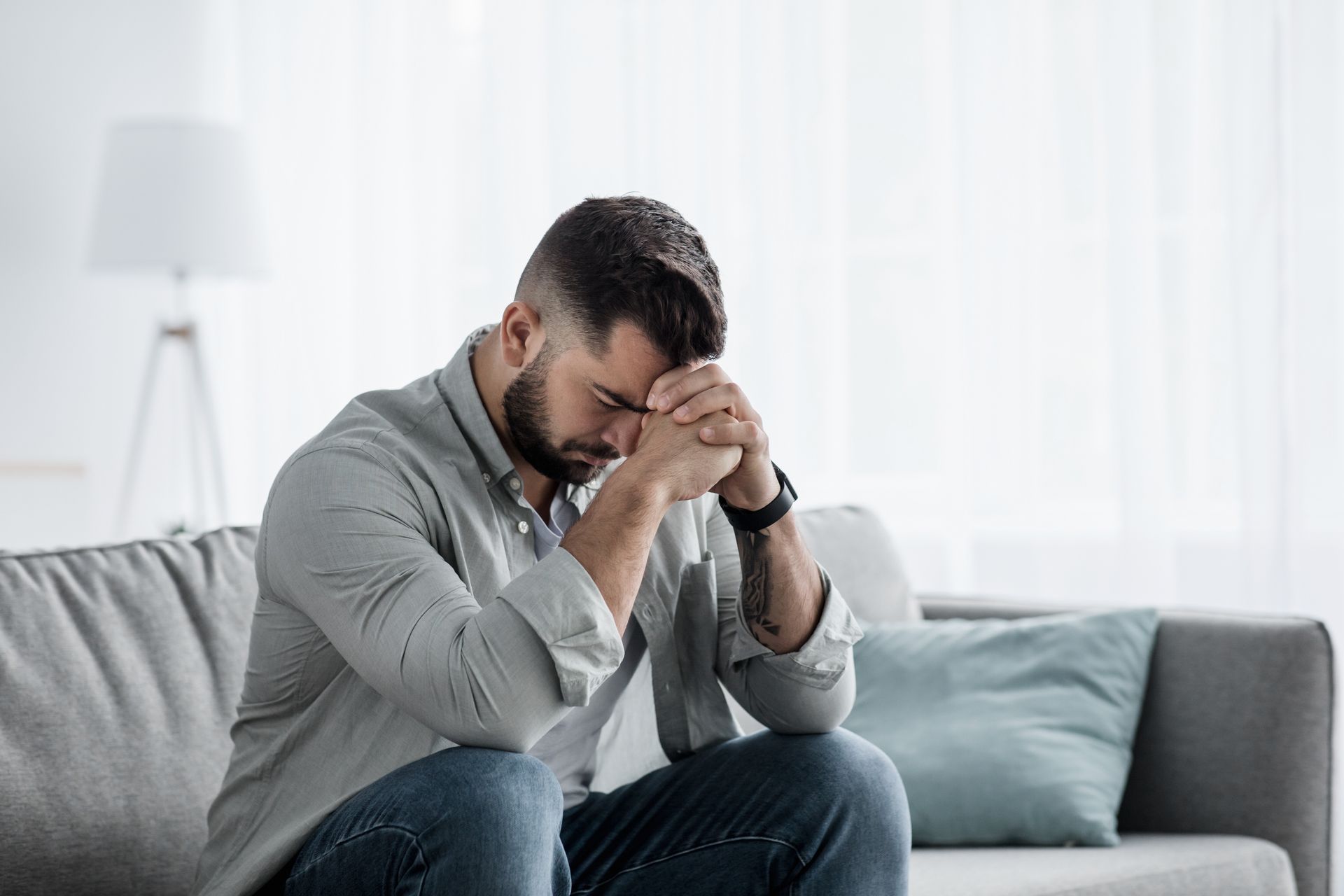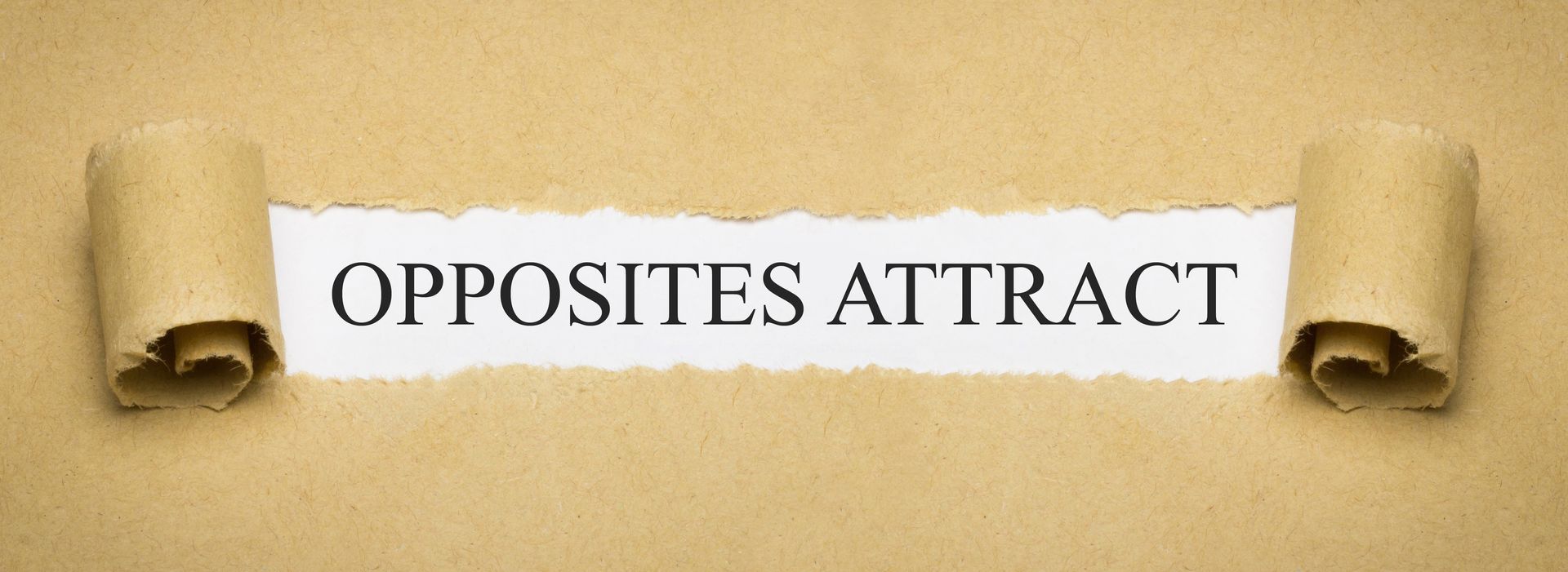Why is it Critical to See a Psychiatrist or Psychiatric NP for Mental Health Medication?

A meeting with a psychiatrist for a diagnosis can be pretty helpful if you struggle to manage some aspects of your life. They can help with the diagnosis of numerous illnesses and disorders when you are having problems and are unsure of the cause.
It can be daunting to get medication for your mental health. But how can you be sure that you've been prescribed the right medications?
This issue is affecting many of us as around 40 million Americans have been taking psychiatric drugs. According to the Advisory report, one in six U.S. adults reported consuming more than one psychiatrist's drugs in 2013.
The American Psychological Association reports that American adults' consumption of psychiatric drugs increased by 22% between 2001 and 2010, and this figure is increasing further.
Brendan L. Smith wrote in the 2012 edition of APA's Monitor on Psychology Magazine that psychiatric drugs are beneficial tools for the medication of numerous mental health disorders, but inadequate prescription can cause serious harm. Being able to recognize when someone needs psychiatric help is critical, and several factors indicate a psychiatric evaluation is important.
But how can we trust that we're prescribed the right medication and the proper dosage for our mental health condition? Keep reading the article to learn.
Who can Prescribe Mental Health Medication?
First, let's take a look at who can legally prescribe medication. Mental Health America includes psychiatrists, psychiatric or mental health nurse practitioners, physician's assistants, or primary care physicians in the list of professionals.
You can also get a prescription from your general physician for mental health conditions and disorders, but remember that this may not always be your best option for your mental health care and care management treatment.
Getting Medication Without an Evaluation can be Risky.
Most people receive psychiatric medication without proper evaluation or diagnosis from physicians, psychiatrists, or mental health professionals.
Brendan L. Smith, in a report from 2011 by the Centers for Disease Control and Prevention, wrote, "Now patients often receive psychiatric medication without being diagnosed by a mental health professional."
Psychiatric Services, the leading journal in mental health services, published a report in 2013 that 58% of adults who were prescribed psychiatric medication in 2009 had no psychiatric diagnosis during that year.
According to psychiatrist Victoria L Dunckley, M.D., "Prescribing drugs before proper mental health diagnosis can be very risky. In psychiatry, there is a lot of symptom overlap, which means that the same systems represent more than one disorder, making the diagnosis tricky and increasing the possibility of wrong medical prescription".
APA's Diagnostic and Statistical Manual of Mental Disorder (DSM-5) has set the criteria for specific diagnosis consisting of descriptions, symptoms, and other criteria for diagnosing mental health disorders.
Get Your Medication from a Psychiatrist or NP
Just because a general physician can prescribe medication and you can do so without an in-depth diagnosis, it doesn't mean you should do it. It is usually preferable to have your medications managed by a psychiatrist or psychiatric nurse practitioner.
Generally speaking, basic care physicians lack the knowledge and time necessary to do a complete assessment and obtain an excellent psychiatric history.
On the other hand, psychiatrists and psychiatric nurse practitioners have medical training allowing them to diagnose, treat and prevent mental, emotional, and behavioral disorders, including anxiety disorders, bipolar disorders, Obsessive-compulsive disorder (OCD), depression, personality disorders, etc. They prescribe mental health medications and other medical treatments.
Psychiatrists and Psychiatric NPs are medical professionals who order and perform a range of physical and psychological tests. They can rule out medical causes while detecting mental health issues using these tests, combined with discussions about symptoms, medical history, and family history.
Psychiatrists and Psychiatric NPs use criteria from the Diagnostic and Statistical Manual of Mental Disorders (DSM-5) published by the American Psychiatric Association to evaluate specific mental health issues.
Psychiatrists and Psychiatric NPs use a range of treatments, such as different types of psychotherapy, drugs, psychosocial interventions, and other treatments (such as electroconvulsive therapy, or ECT), depending on the needs of each patient.
A psychologist usually holds a doctoral degree, most frequently in clinical psychology, and has received considerable training in both clinical practice and research. Psychologists use psychotherapy to treat mental disorders; some have advanced training in psychological assessment and testing.
The benefits of seeing a psychiatrist or NP
There are a lot of benefits for you to start seeing a psychiatrist. Some of them are:
- They offer an in-depth evaluation
Psychiatrists usually perform an assessment and a diagnosis, or both, before prescribing any drug. These experts have the training and experience to conduct evaluations and diagnoses.
- They take a patient-focused approach
Psychiatrists are urged to use a client-centered approach. They are also urged to discuss their treatment choices with their patients, according to a report in a 2015 Social Science & Medicine research.
The study "analyzed how psychiatrists defend their mental treatment recommendations to clients" using field recordings of actual psychiatric appointments. The researchers found that psychiatrists utilize two distinct "accounts" (i.e., justifications) when prescribing medication. First, they tailor their recommendations to the client's needs and concerns, and Secondly, they base their recommendations on their professional experience.
- They provide valuable insight
Psychiatrists provide patients with added insight into their mental health disorders or condition. Insight in this context means a patient's judgment of his illness. For example, a patient suffering from schizophrenia disorder may not realize that their delusions aren't real.
People experiencing medical conditions do not grasp the illness, but they are aware of their conditions and realize the value of receiving therapy. In contrast, people with psychiatric disorders frequently are unaware that anything is wrong. They don't believe they require assistance or think there is nothing that can be done to assist them.
Psychiatrists are fully aware of this, which is why they focus more on how psychiatric disorders affect the patient and what specific treatments may be better for them.
Patient insight must cover states of high internal emotion and low drive in the presence of frequently incorrect perceptions. By selecting the best meds for that particular patient, a psychiatrist will be able to develop a better treatment plan taking this into account.
You will also identify other benefits, including:
- Necessary help to change your personal as well as professional life
- To control and alleviate your emotions
- To encounter your fears so you can come to terms with reality
- To overcome traumatic experiences and to be able to solve personal issues with support and guidance
- To develop trust with yourself and with others
- To obtain an objective perspective and professional suggestions about your problems and figure out how to solve them
- To return to a healthy lifestyle
Does Everyone Need Medication?
Not all patients require medicine to begin their treatment, which may need to be clarified, and it would depend on your issues and the therapist's assessment. The psychiatrist will provide you with enough knowledge about the medicine to enable you to make an informed decision regarding the dangers, advantages, and available treatments.
The expert will consult you to determine whether you require the medication and which type is best for you. On the other hand, you and your psychiatrist must choose the same course of action because, in the end, you will be the one to decide whether to take medication or not.
After evaluating and diagnosing you, an expert psychiatrist will also take time to explain the various treatments available, including those which don't require medication, for instance, cognitive behavioral therapy with a licensed therapist.
Your psychiatrist will identify the medication or medication combinations that are best for your treatment at this point. Your prescription will be reviewed each time you have an appointment and, if necessary, modified in terms of dosage or a new medication added for improved results.
The essential step to perceive the changes and improvements is your and your therapist's commitment.
When Should I See a Psychiatrist?
An honest self-evaluation of your symptoms and everyday events is frequently necessary to decide when to consult a psychiatrist.
If you are having negative thoughts, lost and unable to see a way out, call a professional. You will soon see improvements in your life if you are consistent and responsible. You can solve your problems with the proper medication, guidance, and support. Psychiatrists are skilled professionals and have all the necessary elements for you to feel respected and safe during each appointment.
When it comes to your mental health condition, a complete evaluation and proper diagnosis from an in-person or online psychiatric provider such as Virtual Psychiatric Care is necessary.
Remember that having or seeking therapy for mental health illnesses is not shameful. The sooner you'll feel better sooner you'll get help and medication.
Final Thoughts
However, it can be overwhelming to recognize and seek help for a mental health condition; it's critical you do. A psychiatrist provides an accurate diagnosis and suggests treatment plans. They are experts in their field and have up-to-date knowledge on research, medication, and other treatment therapies that can benefit you. Your psychiatrist will help you understand the best treatment for you.











